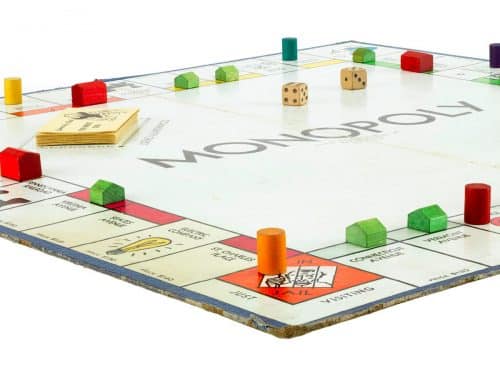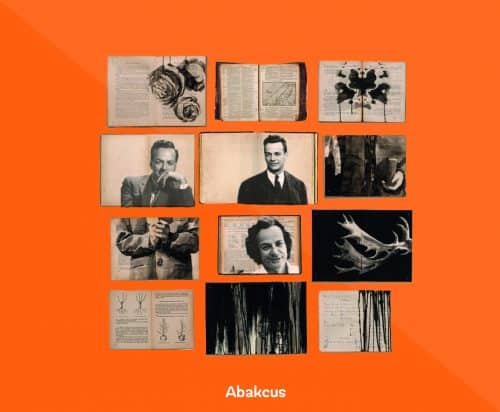Pamela Paul’s memories of reading are less about words and more about the experience. “I almost always remember where I was and I remember the book itself. I remember the physical object,” says Paul, the editor of The New York Times Book Review, who reads, it is fair to say, a lot of books. “I remember the edition; I remember the cover; I usually remember where I bought it, or who gave it to me. What I don’t remember—and it’s terrible—is everything else.”
For example, Paul told me she recently finished reading Walter Isaacson’s biography of Benjamin Franklin. “While I read that book, I knew not everything there was to know about Ben Franklin, but much of it, and I knew the general timeline of the American revolution,” she says. “Right now, two days later, I probably could not give you the timeline of the American revolution.”
Surely some people can read a book or watch a movie once and retain the plot perfectly. But for many, the experience of consuming culture is like filling up a bathtub, soaking in it, and then watching the water run down the drain. It might leave a film in the tub, but the rest is gone.
“Memory generally has a very intrinsic limitation,” says Faria Sana, an assistant professor of psychology at Athabasca University, in Canada. “It’s essentially a bottleneck.”
The “forgetting curve,” as it’s called, is steepest during the first 24 hours after you learn something. Exactly how much you forget, percentage-wise, varies, but unless you review the material, much of it slips down the drain after the first day, with more to follow in the days after, leaving you with a fraction of what you took in.
Presumably, memory has always been like this. But Jared Horvath, a research fellow at the University of Melbourne, says that the way people now consume information and entertainment has changed what type of memory we value—and it’s not the kind that helps you hold onto the plot of a movie you saw six months ago.
In the internet age, recall memory—the ability to spontaneously call information up in your mind—has become less necessary. It’s still good for bar trivia, or remembering your to-do list, but largely, Horvath says, what’s called recognition memory is more important. “So long as you know where that information is at and how to access it, then you don’t really need to recall it,” he says.
Research has shown that the internet functions as a sort of externalized memory. “When people expect to have future access to information, they have lower rates of recall of the information itself,” as one study puts it. But even before the internet existed, entertainment products have served as externalized memories for themselves. You don’t need to remember a quote from a book if you can just look it up. Once videotapes came along, you could review a movie or TV show fairly easily. There’s not a sense that if you don’t burn a piece of culture into your brain, that it will be lost forever.
With its streaming services and Wikipedia articles, the internet has lowered the stakes on remembering the culture we consume even further. But it’s hardly as if we remembered it all before.
Plato was a famous early curmudgeon when it came to the dangers of externalizing memory. In the dialogue Plato wrote between Socrates and the aristocrat Phaedrus, Socrates tells a story about the god Theuth discovering “the use of letters.” The Egyptian king Thamus says to Theuth:













